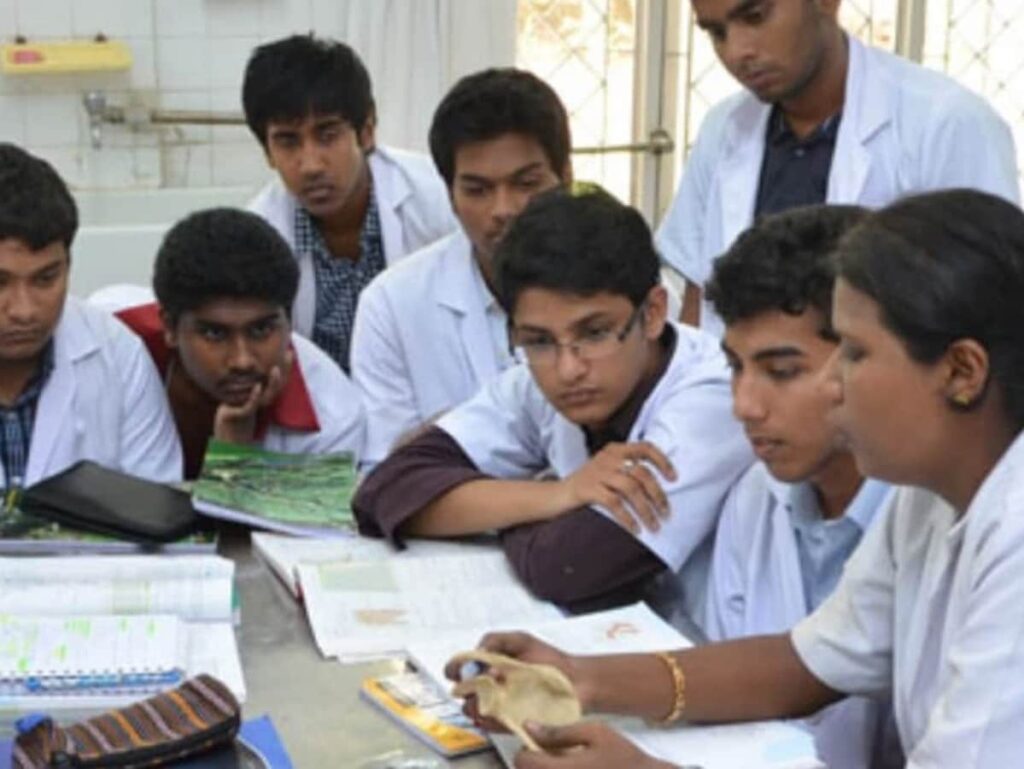In an effort to improve communication between medical professionals and patients from Hindi-speaking regions, specialized language classes will be organized. These classes aim to bridge the language gap, ensuring that healthcare providers can connect more effectively with their patients, thereby enhancing the overall quality of care delivered.
The Importance of Local Language in Healthcare
Language is a crucial factor in the healthcare sector, particularly in regions where patients may have limited proficiency in the dominant language used by doctors and nurses. Effective communication is essential for accurate diagnosis, treatment, and patient satisfaction. Local language classes can significantly improve this communication, as outlined below:
Benefits of Language Classes for Healthcare Providers
- Enhanced Patient Interaction: Understanding the local language allows healthcare workers to ask questions, explain procedures, and answer patient concerns more clearly.
- Improved Health Outcomes: Effective communication leads to better understanding of treatment plans and medical advice, which can improve health outcomes for patients.
- Increased Patient Trust: Patients are likely to feel more comfortable and secure when interacting with healthcare providers who can converse in their native language.
Curriculum of the Language Classes
The curriculum for these language classes will be tailored specifically for healthcare interactions. It is designed to equip students with the necessary vocabulary and phrases used in medical settings. Key components of the curriculum may include:
| Module | Content Description |
|---|---|
| Basic Medical Terminology | Introduction to essential medical terms frequently used in patient interactions. |
| Patient Assessment Skills | Learning how to conduct initial patient assessments using simple local language. |
| Emergency Communication Techniques | Strategies for effective communication in emergency situations. |
Conclusion
The implementation of local language classes for healthcare professionals in Hindi-speaking regions is a significant step towards enhancing patient care. By fostering better communication, healthcare providers can ensure that patients receive not only appropriate medical attention but also feel understood and respected in their cultural context. As these classes take shape, we anticipate improved outcomes for both patients and healthcare systems, ultimately leading to a more inclusive healthcare environment.

